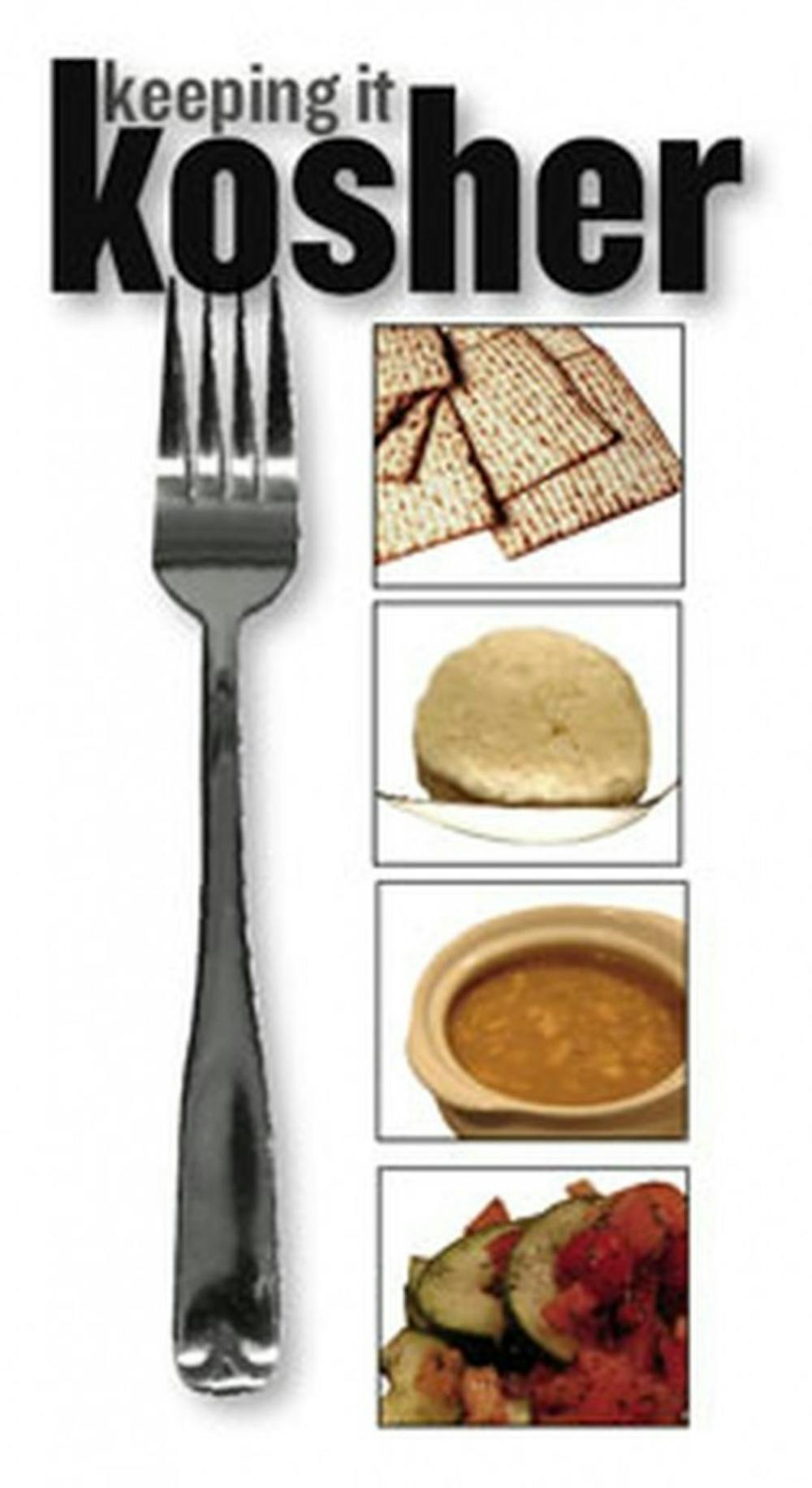For junior Hilary Gordon, observing Jewish kosher rules during Passover is an important part of faith. Gordon, who is vice president of Ball State University Hillel, a chapter of the national Jewish campus organization, has followed kosher style for Passover her whole life.
In her first two years at Ball State, Gordon relied on food she bought in Chicago to sustain herself during the Jewish holiday. This year, however, Dining has made adjustments to its menu to offer more kosher options during Passover. The options are highlighted on menus available on Dining's Web site.
Passover, a holiday that celebrates the Israelites' exodus from Egypt, began this year at sunset Monday and will end at nightfall Tuesday.
Jews observe two different kinds of kosher: regular kosher and kosher for Passover. Regular kosher, which is observed throughout the year, involves Jewish laws that prohibit the consumption of pork and shellfish and the act of eating meat with milk, among other laws. Observing kosher for Passover, however, involves abstaining from eating any food that rises, or is leavened. Leavened food includes any kind of bread or corn product. The kosher for Passover tradition is derived from Exodus, in which the Israelites are forced to flee Egypt before their bread can rise, Steven Weitzman, director of Jewish Studies at Indiana University, said.
Providing kosher options is one good way for Ball State to attract a more multicultural student body, Weitzman said.
Gordon said she approached Director of Campus Dining John Lewis in September, and Lewis was immediately receptive to the idea of providing more kosher for Passover food options.
"Any student group that comes to us with dietary needs, we try to meet them," Lewis said. "We had a very good conversation [with Hillel, and discovered that with just a few minor changes, we could accommodate them."
Lucas Miller, manager of menu development, said Dining let Hillel define what foods would be acceptable for students observing kosher style for Passover. Observing strict kosher for Passover is a "very comprehensive process," while observing kosher style for Passover involves following the spirit of the original laws, Gordon said.
Kosher style options available on campus include grilled chicken, vegan chili, a variety of rice and potato dishes and a variety of fruits and vegetables.
Miller said Dining ordered Arrowroot starch to use as a thickening agent and replacement for corn starch in some foods, but the extra purchases had no significant effect on Dining's budget. Jews abstain from using corn products during Passover because, like yeast, they rise when cooked.
"Mostly what we did is adjust what we have," he said. "[Arrowroot] is the one and only thing we brought in that was new."
Ball State Hillel Adviser Gerry Appel said that it is "extremely difficult" to keep kosher for Passover in a town of Muncie's size, and he has been "creative" in his past eating choices.
"People would look at me like I'm crazy because I'd get a chicken sandwich and take it off the bun," he said.
Although Ball State offers fewer kosher options than Indiana University, which has about 3,500 Jewish students on campus, according to Indiana University Hillel, Gordon said the kosher-style options available to students during Passover this year are a good start for Ball State.
"I'm sure Hillel will in the future continue to work with [Dining]," she said. "I see [this year] as a stepping stone to whatever the executive board wants to take it to next year."
Gordon still relies on food she purchased in her hometown to snack on, but Dining's steps to accommodate Jewish students will help make them feel more accepted on campus, she said.
"This is a good first step and a good sign that the needs of the Jewish community are ... being addressed by the university," she said.



